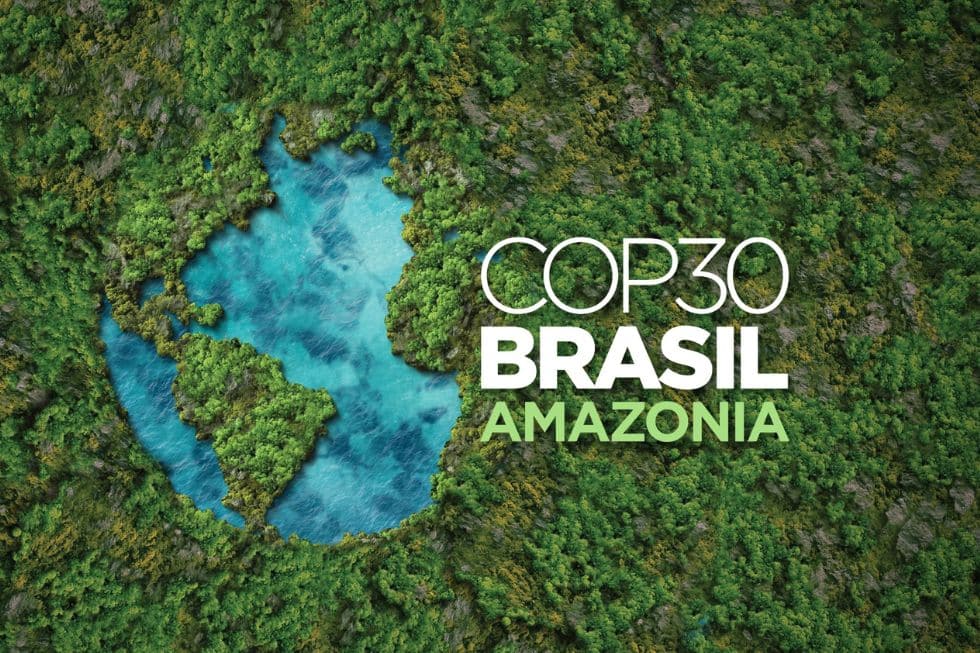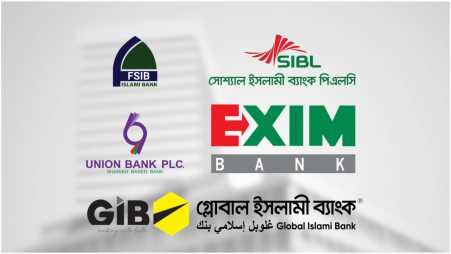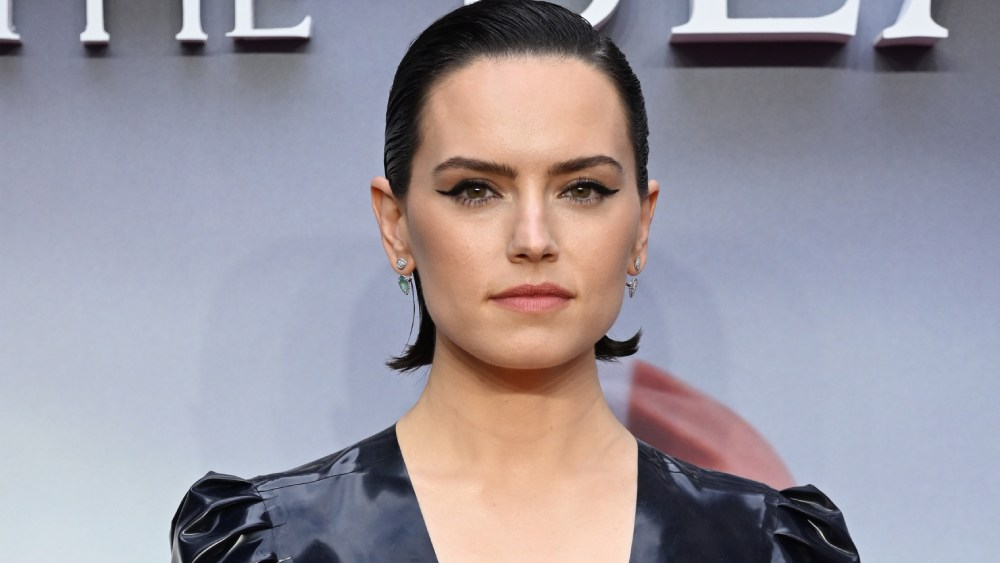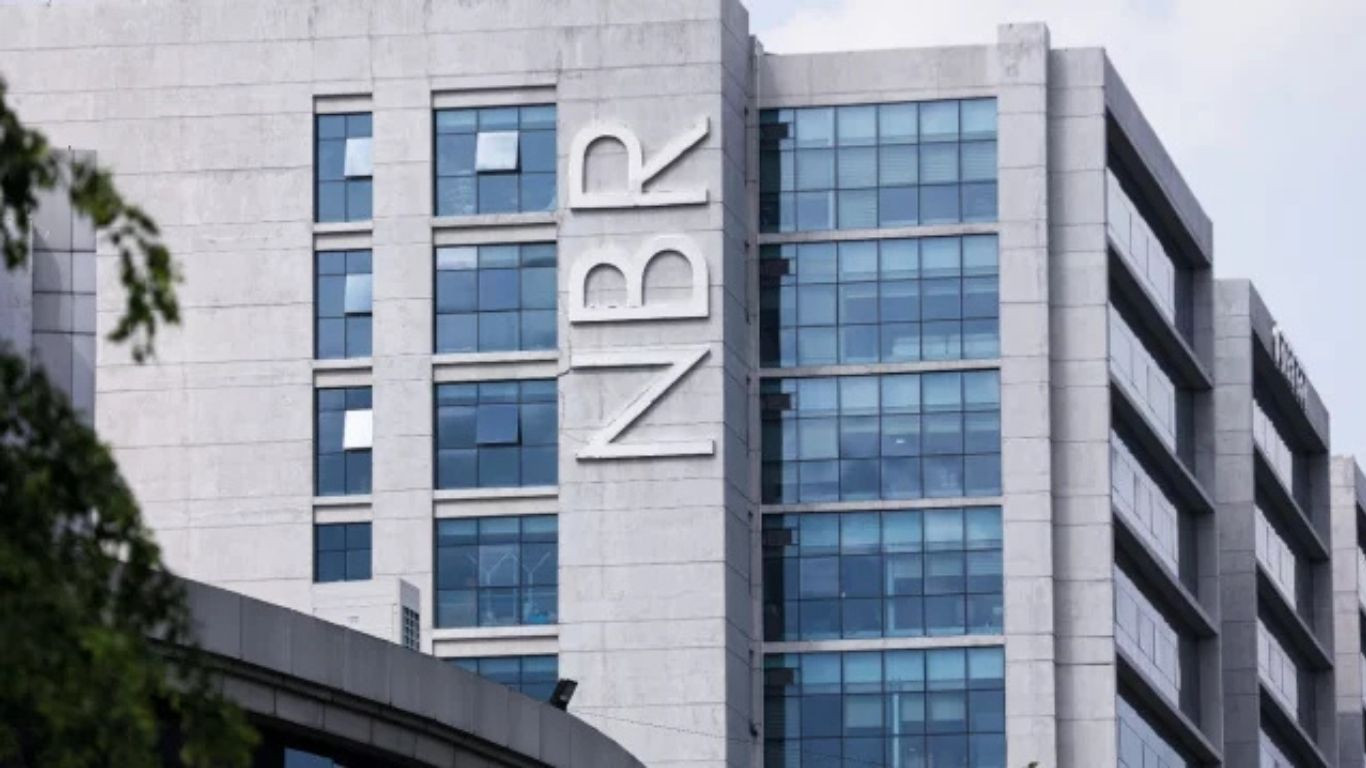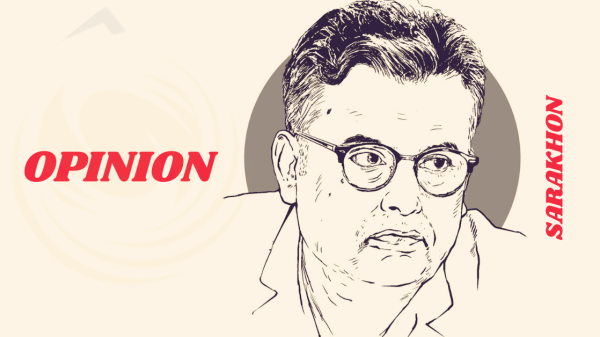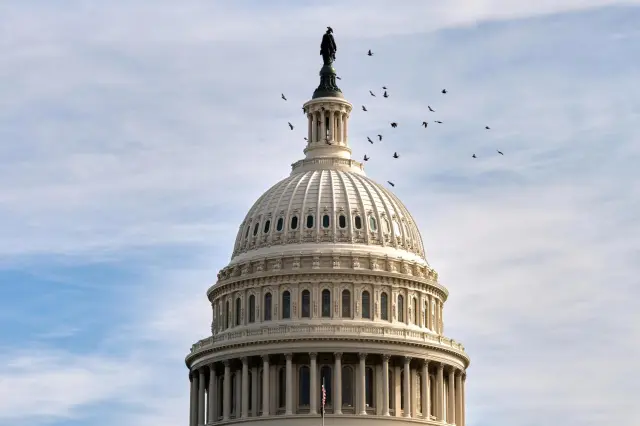Mastodon founder steps aside as social network turns nonprofit

Burnout and growth push Eugen Rochko to hand over reins
Mastodon, the open-source social network often pitched as a community-owned alternative to X, is undergoing its biggest leadership change since launch. Founder Eugen Rochko is stepping down as chief executive as part of a restructuring that will see Mastodon operate under a nonprofit model. The move follows months of internal planning on how to keep the decentralised platform sustainable without surrendering control to big investors or advertisers. Rochko will remain involved as an advisor, but day-to-day authority will pass to a new executive director and a formal board.
TechCrunch reports that Mastodon’s new board includes figures familiar to the wider tech world, such as Twitter co-founder Biz Stone, as well as activists and community leaders who have long backed federated social media. A new executive director, Felix Hlatky, will oversee strategy and operations, while other key roles include a technical director, communications lead and product advisor. In total, Mastodon counts about ten full-time staff, a small team for a service with millions of registered accounts spread across independent servers.

Rochko has been candid that burnout helped shape his decision. For nearly a decade, he has been the driving force behind Mastodon’s codebase, fundraising and public advocacy, as waves of users arrived during controversies at larger platforms. In interviews, he has described the strain of being seen as the face of an entire movement for “billionaire-proof” social media, even as he drew a modest salary compared with venture-funded peers. As part of the transition, he has received a one-time payment meant to compensate for years of below-market pay.
The nonprofit structure is designed to unlock funding streams that were previously out of reach. Instead of pitching for equity investment, Mastodon can apply for grants from European institutions, foundations and public-interest funds that prefer non-profit governance. The organisation has already secured backing from well-known tech figures, including the founder of Stack Exchange and Craigslist’s Craig Newmark, along with smaller contributions from community projects that rely on Mastodon for their own platforms. Leaders say the goal is to provide stable, long-term financing without putting the network under pressure to maximise profits.

At a technical level, Mastodon will still function as a federated system of servers run by universities, media outlets, co-operatives and volunteers. Each “instance” sets its own rules and moderation practices while exchanging posts through open protocols. Supporters argue that this design makes Mastodon more resilient to sudden policy changes or ownership shifts at any single company, a sharp contrast with the centralised model used by X and most other social networks. Critics, however, say the same decentralisation can be confusing for newcomers and makes moderation uneven.
The leadership overhaul comes at a crowded moment for alternative social networks. Bluesky, built around a similar federation concept, has grown even faster in raw user numbers, while Meta’s Threads has tried to position itself as a kinder, more mainstream microblogging platform. Mastodon’s new board must now decide how aggressively to pursue growth versus doubling down on niche communities that value strict independence from big tech. Decisions on mobile apps, content discovery and moderation tools will determine whether Mastodon remains a specialist platform or becomes a broader rival to commercial giants.

For Rochko, the restructure is also about drawing a line between his personal identity and the future of the project he created. He has encouraged other founders to take burnout seriously and to design organisations that do not depend on a single charismatic figure. Mastodon’s next chapter will test whether a relatively small nonprofit can maintain a global social network in an industry dominated by trillion-dollar corporations—and whether users are willing to trade some convenience for a platform that promises to stay outside the reach of any billionaire owner.



